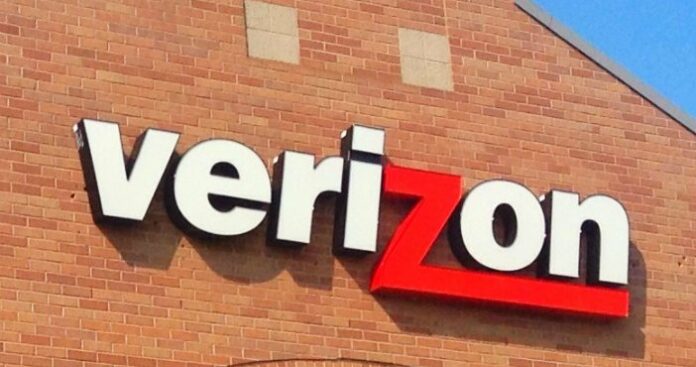Verizon teams up with Amazon to deliver virtual services at global scale
Verizon announced it has made its Virtual Network Services available on the Amazon Web Services (AWS) cloud. AWS cloud provides building blocks that can be assembled quickly to support workloads. Businesses leverage AWS to run applications using compute, storage and database services on a pay-as-you-go basis. Verizon launched its Virtual Network Services last year, which virtualizes services like WAN routing, security, and WAN optimization using network functions virtualization (NFV) and software-defined networking (SDN) technologies.
“Verizon’s VNS service on AWS complements Verizon’s vision and investment in the software-defined networking (SDN) and network functions virtualization (NFV) ecosystem by helping to enable global enterprise customers to securely connect, deploy and manage virtual networks,” Verizon said in a release.
NFV and SDN are two approaches to simplifying networks through virtualization. The former runs network functions, like firewalls and encryption, on virtual machines rather than proprietary hardware. The latter provides a centralized data center that manages network operations with switches and routers. The technologies have been heralded as a major game changer for the telecom industry. A study from Infonetics Research anticipates the global NFV and SDN hardware and software market will swell from less than $500 million in 2013 to over $11 billion in 2018.
“With this enhancement, Verizon will help enterprise and government organizations to confidently implement mission critical solutions in the cloud,” said Shawn Hakl, vice president of networking and innovation at Verizon. “This offering will help our enterprise customers be able to balance agility, performance, cost and security necessitated by the growth of mobile-to-cloud applications and the Internet of Things.”
Verizon’s adoption of the AWS cloud follows the company selling its cloud service company, Terremark, to IBM in March. Verizon ceased providing its Verizon Public Cloud Reserved Performance and Marketplace. The move signified a shift away from the cloud for the company given it had acquired Terremark for $1.4 billion in 2011.
Other service providers are struggling to compete with AWS, which holds approximately 33% of the worldwide market share. Verizon has had other issues with Amazon’s cloud, however. Back in June, for instance, an employee of Verizon-partner Nice Systems accidentally exposed the names, phone numbers and PIN codes for as many as 14 million customers for an unknown amount of time. The leak was caused by an Amazon S3 server that had been set to “public.”

